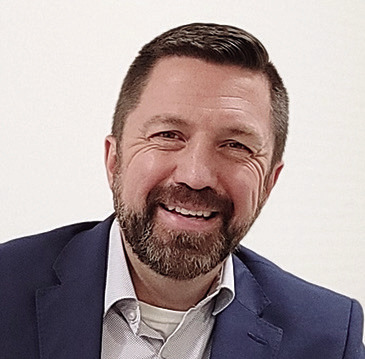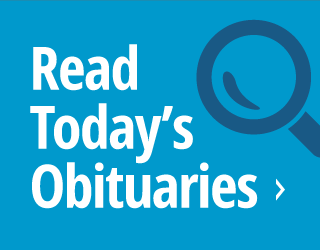healing. The Civil War ended on April 9, 1865. It was the deadliest war in American history. The blood of over 600,000 American soldiers stained the soil of nearly every state of the divided union. The South was in shambles. The North was reeling.
So began the long and still unfinished process of In the weeks and months following the war, grieving families and friends would often decorate the graves of the fallen with flowers. In 1868, the Grand Army of the Republic, an organization of Union veterans, declared May 30th to be “Decoration Day”, a day to adorn the tombs of fallen soldiers with the newly blossoming flowers of spring.
In 1882, the name “Memorial Day” was used for the first time, but it did not become the official name for the holiday until 1967. In 1971, the date was changed to the last Monday of May to allow for a three-day weekend.
For many in our country today, that is all Memorial Day is – a three-day weekend to start the summer, an opportunity to camp and cookout. Memorial Day, however, means much more than hot dogs and apple pie and sales at WalMart.
Memorial Day is literally a day to remember – a day to honor those who made the ultimate sacrifice for our freedom. We honor their memory by decorating their graves. We honor their memory by holding fast to the freedoms for which they died. We honor their memory by remembering their sacrifice.
The Children of Israel in the Old Testament had a Memorial Day. It was called “Passover.”
Every year on the Passover, God’s people would have a meal to remember how God had saved them from slavery and death in Egypt by the blood of a lamb. Passover was a reminder of how God had saved them in the past, but also pointed ahead to how he would save them in the future.
It’s no coincidence that Jesus died on the day of the Passover. The blood of the Lamb saved us from our slavery to sin and death.
At his last supper with his disciples, as they celebrated the Passover, Jesus gave us a new memorial meal. He gave his disciples the bread and said, “This is my body.” He gave them the wine and said, “This is my blood.”
“Do this,” he said, “in remembrance of me.”
Jesus gave us a special memorial meal so that we would always remember the ultimate sacrifice he made to win our freedom. He gave us Holy Communion so that we would never forget his body and blood that died so that we could live.
Sadly, for many Christians, the Sacrament of Holy Communion has become as mundane as Memorial Day has become for many Americans – a simple snack we eat on Sunday during church.
This Memorial Day, I encourage you to remember – to honor the memory of the 1.2 million men and women who died defending our lives and freedoms. But also take the time to remember the ultimate sacrifice Jesus made for you. Honor his memory by celebrating his memorial meal every chance you get.
Like Memorial Day, Holy Communion is an opportunity to remember.
Pastor Andrew Schroer has been a pastor for over 25 years and is currently serving at Redeemer Lutheran Church in Edna, Texas. You can find his latest books, “364 Days of Thanksgiving” and “364 Days of Devotion,” on Amazon.com.





















